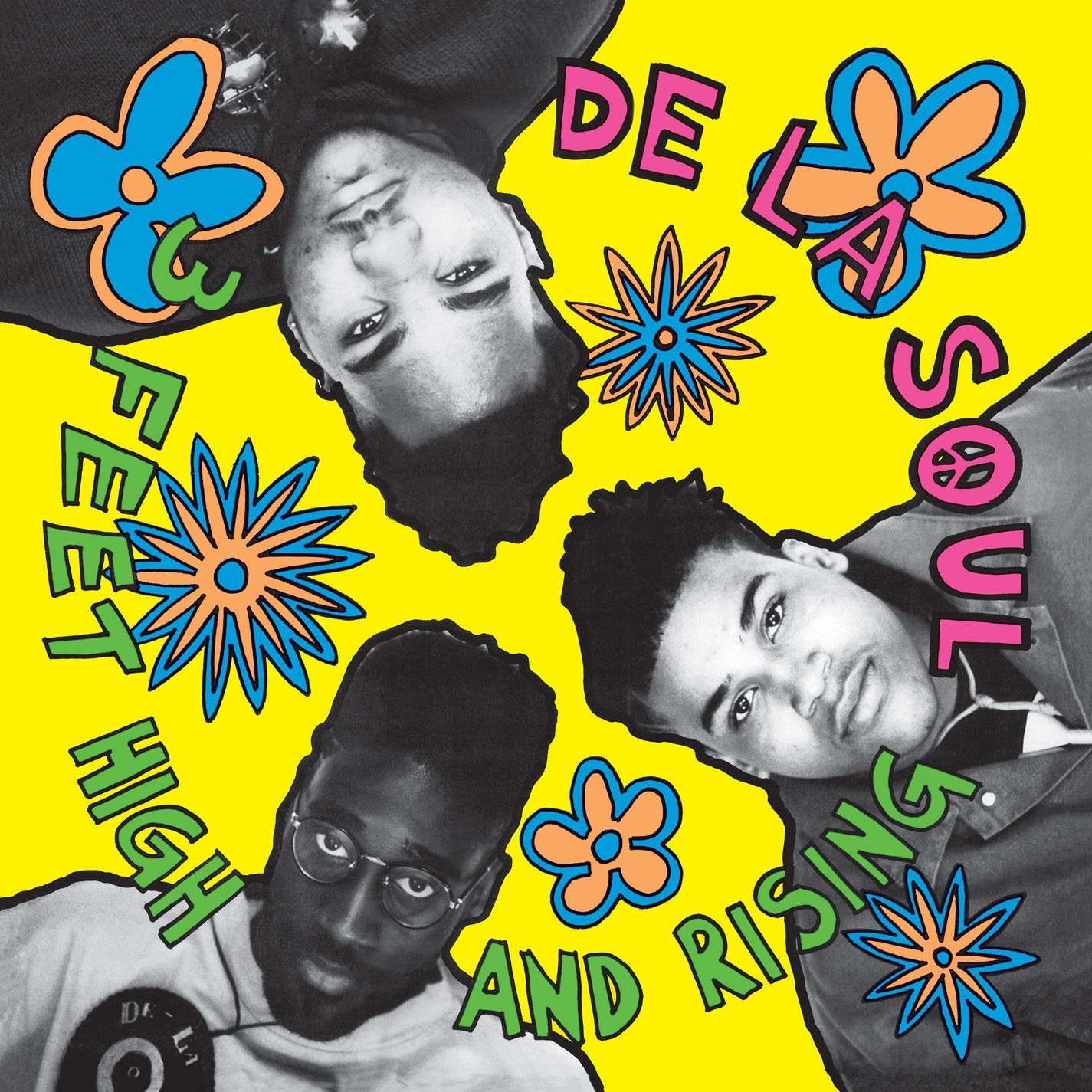On March 3, De La Soul released their entire discography on streaming for the first time, excluding a one-day-only occurrence in 2016. For a new generation of hip-hop listeners, recognizing the iconic group De La Soul is a difficult task. But how could this be if modern sounds from Tyler the Creator to Childish Gambino take inspiration from the group?
In recent years, the legacy and memory of De La Soul was fading away. All the fingers can be pointed at record labels, contracts and the legality of streaming services. The group’s catalog is filled with uncleared samples on nearly every project, thus leading to the prevention of digital versions of the discography.
De La Soul birthed a renaissance of artistic sampling in hip-hop, leading the late 1980s to mid-1990s with a wave of inspiration for the rappers of the decade. Gen X and Millennials bought cassette tapes of De La Soul. As music distribution shifted from physical to digital, De La Soul was left in the basement with the Discman and wired headphones.
While Gen Z has brought back vinyl LPs and a resurgence of physical media, streaming on Spotify is still in primary use. The adoption of digital music in the early 2000s with Napster and iTunes led to a rough transfer for music. Music with historic resemblance is gone. Classic house and electronic tracks are hard to find. Hip-hop records from Mos Def to Snoop Dogg and other mixtapes are lost in the record label vault. Recently, Joni Mitchell and Neil Young have had their music removed from Spotify in protest of Spotify hosting Joe Rogan’s podcast. With this in mind, your favorite song can be pulled from any streaming service at any time.
Digital media will be the death of music preservation. A single MP3 file can easily be lost in a digital library. With De La Soul’s new presence in the streaming world, it raises the question of how much media is lost and will continue to be lost. During the pandemic, recovering digital archives became a new hobby for many. There is an entire community dedicated to recovering lost media, which contains TV shows, music and more.
With limited volunteer work to recover lost media, it is ultimately up to the next generation of music lovers to favor physical over digital media. While Gen Z has been a larger consumer of vinyl records, it is difficult to market and rebrand physical media. The Criterion Collection is a great example of how to turn something old into something new. Much like unboxing a Kpop CD, a Criterion DVD unboxing is an entire experience. The Criterion Collection reintroduces older films in packaging with concept art and other unique extras. The music distribution industry can learn to package CDs and vinyl as an experience, rather than another simple repressing of a Beatles record.
Music has led revolutions and cultural impacts on history that can easily be forgotten on streaming services. De La Soul’s music on streaming was much like a celebration for music lovers with listening parties all over the country. What the hip-hop group teaches listeners is how much digital media kills the true enjoyment of music. If an artist’s music is removed from Apple Music and is out of rotation, the artistic influence of the artist will fade in the background. Physical media helps listeners remember, celebrate and enjoy music on a level Spotify will never reach.
Artists should prioritize and push physical media, not only to get paid more but act as a preservation of art. Plus, who would not want an official version of Frank Ocean’s “Blonde” to pass down to their kids?








